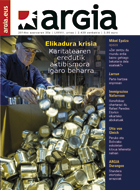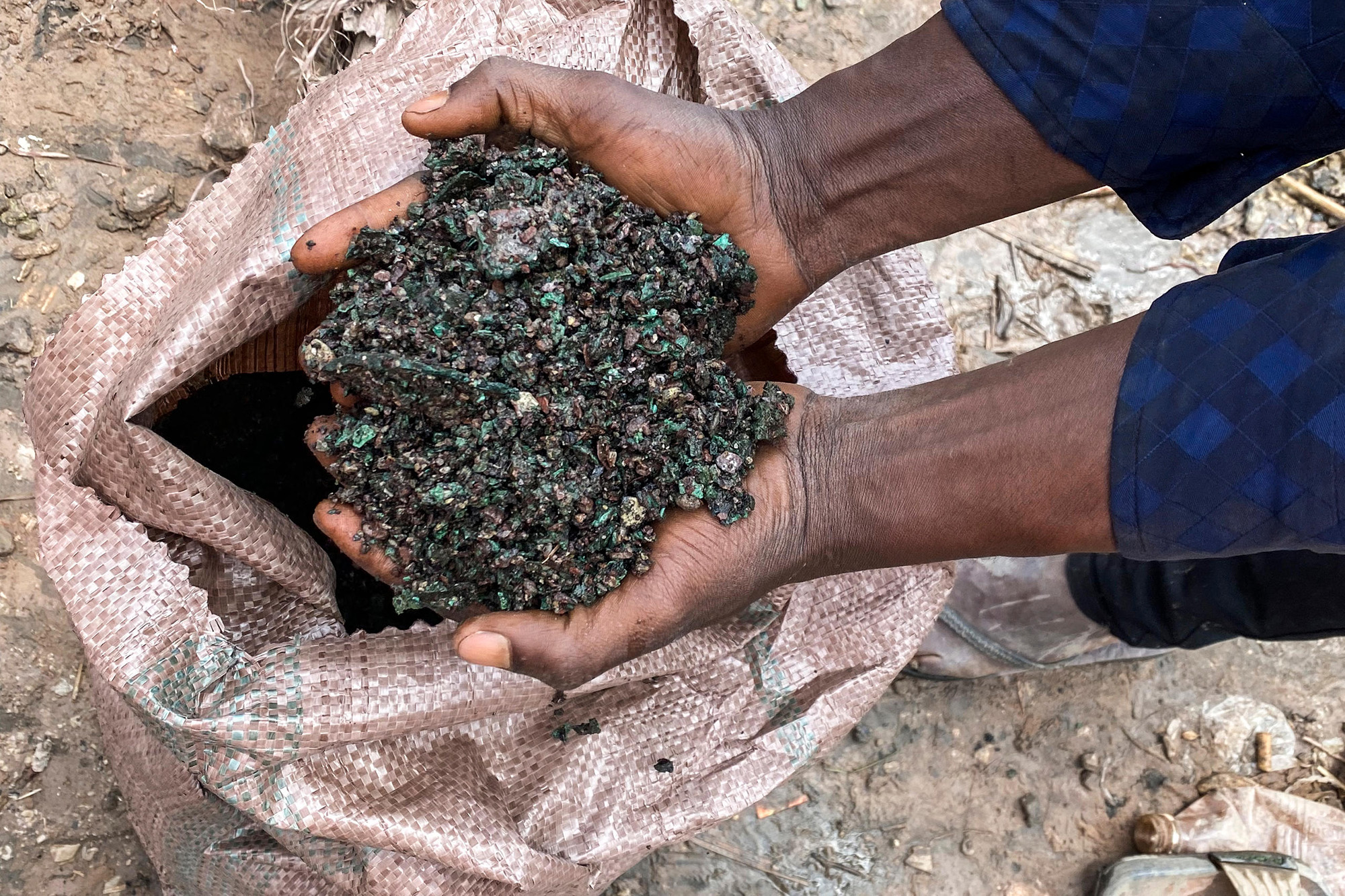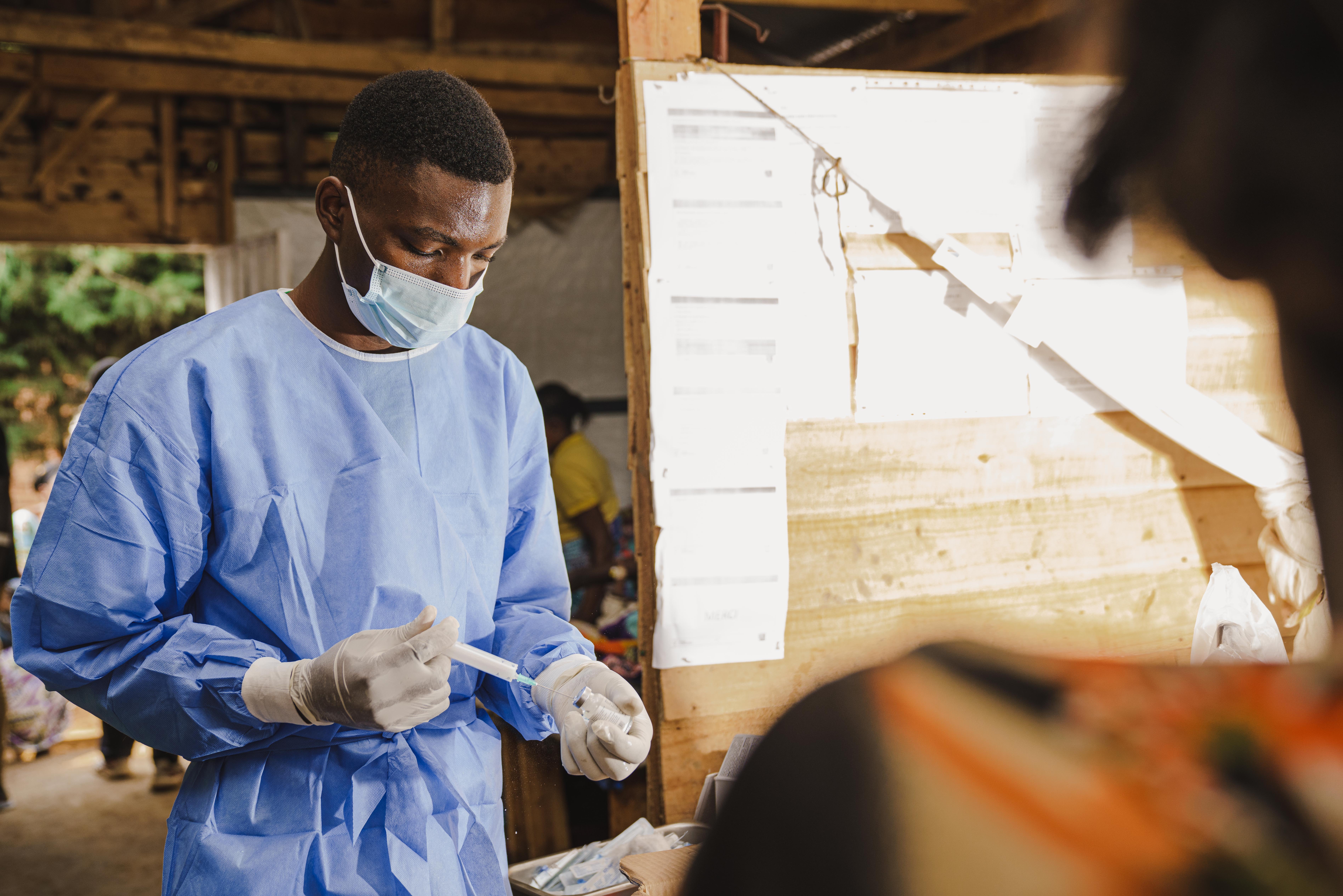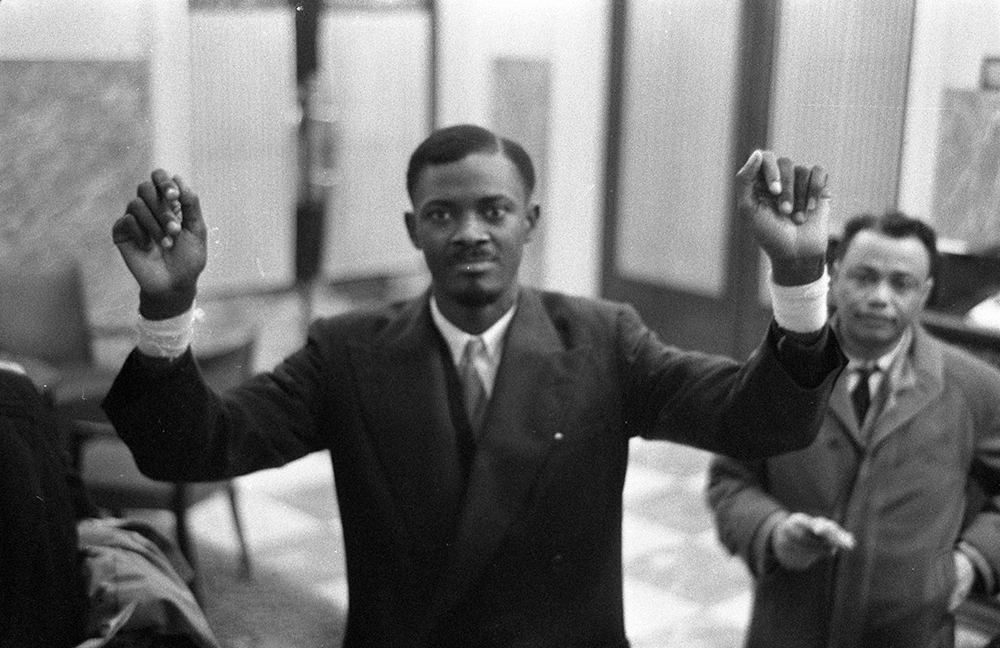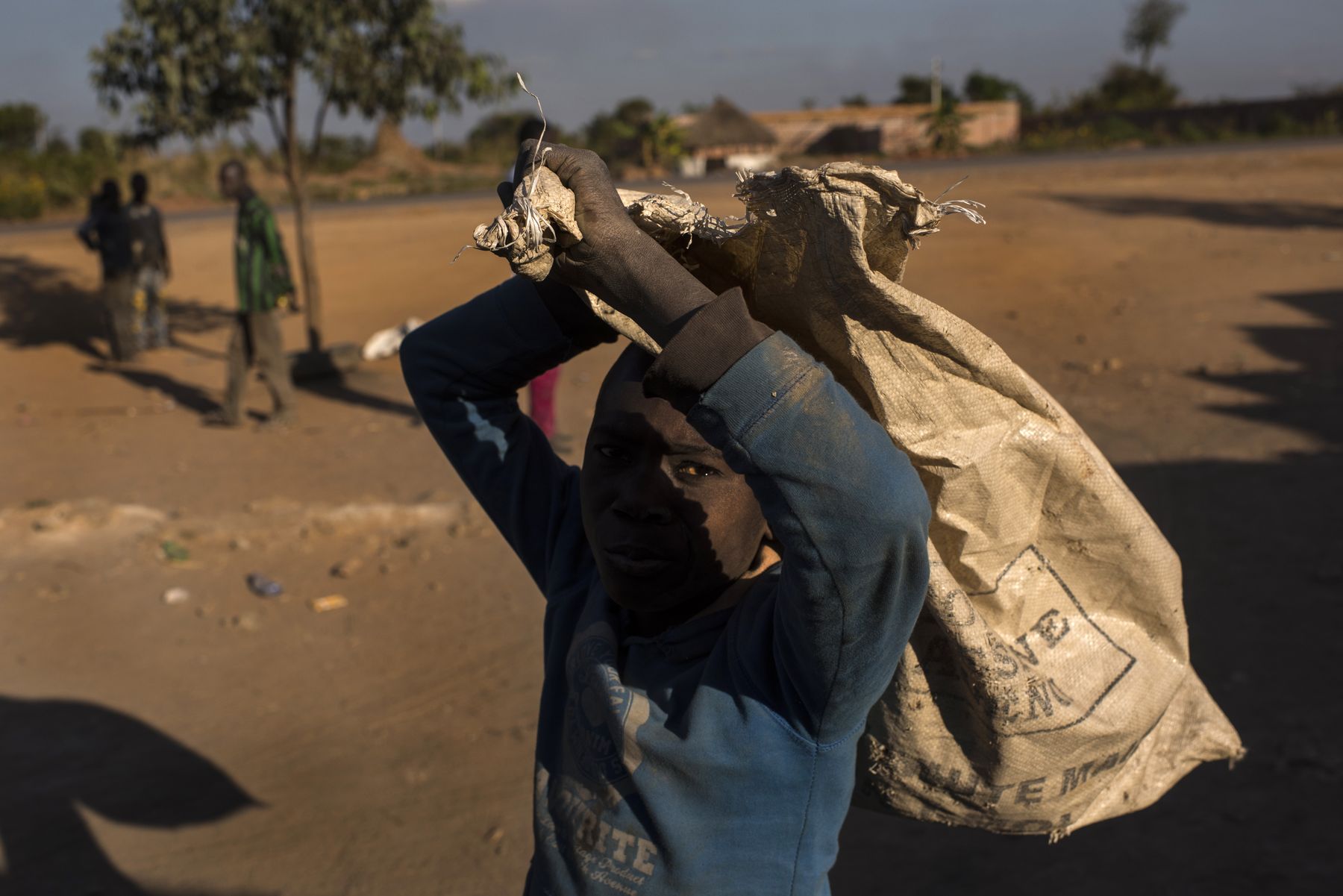"The exploitation of mobile material should not fund war"
- The Alboan Foundation, a non-governmental organization created by the Jesuits in Hego Euskal Herria, has been engaged since July in a Conflict-Free Technology campaign that will last two years. Among other things, they want to see the relationship between mobiles, computers and other devices and the war in the east of the Democratic Republic of Congo. The head of the campaign is the technician of the Virginia Basurto Foundation, who works in Basurto.
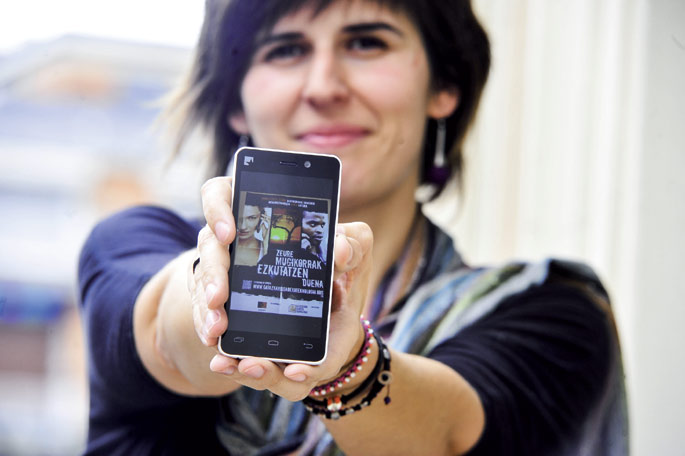
Why do you want to highlight the connection between conflict and technology?
The exploitation and trade of natural resources are increasingly influenced by conflicts. Especially in the financing of conflicts. According to the UN, four out of ten conflicts over the last 40 years are directly related to the exploitation of natural resources. Minerals extracted from mines in eastern Congo are a fundamental part of new technologies; through the campaign we want to show how our lifestyle influences elsewhere.
And why especially Congo?
We have a direct knowledge of the conflict, because we work in collaboration with the Jesuitak group for the Refugee Service. During the twenty years of the war we have subsidised their projects and here we have disseminated the complaints that have sent us. The conflict in Congo is a forgotten war, but it must be borne in mind that it is the conflict that has caused the most deaths since the Second World War, some five million. Although there have been times of varying intensity over the past twenty years, violence has continued.
What are the keys to the conflict?
It is difficult to explain, there are many elements: ethnic tensions, interests of other countries, land control... We always stress that the conflict is complex and that the presence of minerals is not the main cause. Once this has been solved, everything else will not be solved. But we know that armed groups take the money out of the sale of minerals, extorting the miners many times. This is done by all the groups involved in the conflict, including the Congolese armies. However, in recent times the situation has improved, among other things, by a law passed by the United States in 2010.
What law?
Dodd-Frank Act. According to the agreement, companies trading on their stock exchanges using gold, tantalum (or coltan), tungsten or tin exploited in the Congo or in a nearby country must ensure that the conflict in the Congo has not been financed with these minerals.
Those four are called conflict minerals, right?
Yes. But this is an overly narrow definition, which comes precisely from the Dodd-Frank law. They only have these four minerals in conflict, and only as far as Congo is concerned. We would like to broaden the definition and regulate its use in any part of the world where the exploitation or sale of natural resources originates or finances a conflict.
As you can see on the website of your campaign, the European Union is also preparing a law in Catalonia. One of the objectives is to influence this.
Yes. The directive is being discussed and we want to collect signatures in order to ask the European Commission for the law to be tougher than has been proposed so far. In other words, not using “dirty” mineral is a mandatory requirement, as in the USA. The proposal for a directive for Europe, as it is being drafted, leaves it to the will to use these minerals. We don't like that; if it's voluntary, companies also have to do it now, and they don't. On the other hand, the OECD published a guide to acting responsibly with these four minerals and companies do not use it.
And has the Dodd-Frank Law brought benefits?
Yes. Thanks to this law and some measures taken by its government, today it can be said that two thirds of the ore extracted in the Congo is “clean”. But a third is still a lot. And consumers don't know, we can't know where the tantalum from our mobiles comes from, the tungsten, etc., under what conditions they've exploded, who's taken the benefit ... And when it says mobile, I can say, computer, tablet, digital camera... European law should be used for buyers to know. Consumers should tell businesses that we want to continue to use mobiles, but that we do not want conflicts to be funded.
80% of the world's known tantalum or coltan reserves are concentrated in the Congo. Is this mineral essential in new technologies?
Yes. Tantalum, with a very small amount of mineral, has the ability to accumulate a lot of electricity. That's why it's fundamental to small portable devices. Another metal could perform the same function, but it would take much more space. Research to look for alternatives is underway, but in any case, after talking to the friends we have in Congo, our position is that it continues to exploit the mineral. The people in the area say they want to continue in the mining, but in the right conditions: that the benefit you get is from them. I mean, the conflict is over.
Who explodes the mineral? Which company?
They are not big companies, but small groups of men and women. They work by hand, some in the open skies and others underground, without any control or security measure. There are now attempts to prevent children from working and something has been achieved. In addition, many of them suffer from the extortion of armed groups.
But the multinationals will not go far...
They take advantage of Congolese confusion to buy cheaper raw materials. “This conflict is very complex and we cannot put our hand in it,” they say. And we say that they may not have the capacity to resolve the conflict, but they can do everything in their power not to fund armed groups through the sale of minerals.
Violence against women is one of the main components of the conflict in the Congo. Your campaign also focuses on it.
Unfortunately, sexual violence is an element of many conflicts, but the case of Congo is paradigmatic. It is estimated that every year there are 100,000 rapes, although there is a discussion about that amount, and also the reported cases are very hard: rape of one woman by several men, use of infected objects... The destruction of women and through them the destruction of the entire community is taking place. These women need to become the masters of their lives.
The Centre Tricontinental has described the historical resistance of the Congolese in the dossier The Congolese Fight for Their Own Wealth (the Congolese people struggle for their wealth) (July 2024, No. 77). During the colonialism, the panic among the peasants by the Force... [+]









